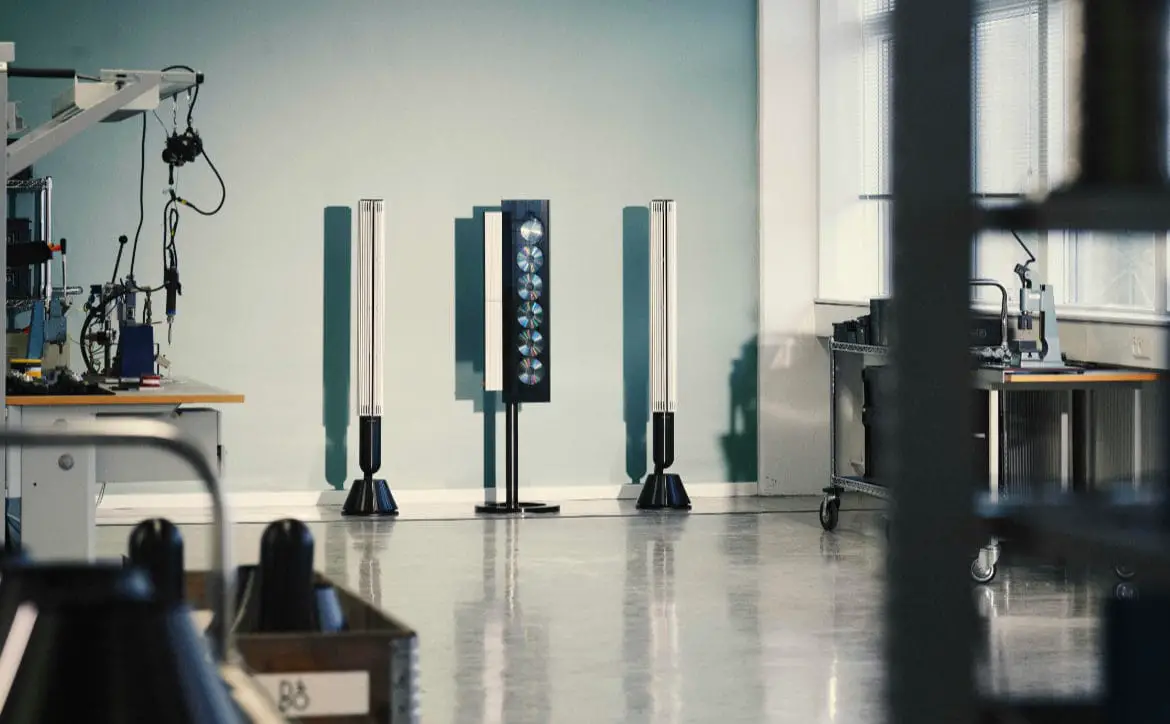Artificial intelligence is no longer a vague concept that people anticipate coming to fruition in the next decade or two. It’s already helping everyday consumers, businesspeople and others by being part of the applications they use daily. Here are four AI applications you can expect to gain momentum this year.
There Will Be More AI Applications for Disabled People
Recent months have indicated an increased focus in developing AI that enhances the quality of life for individuals with disabilities. For example, Google published its research about an AI achievement that tracks 21 3D coordinates on a person’s hand. The developers believe their work could lead to more applications that recognize gestures. They could assist people who use sign language or have speech impairments.
Also, a company called WHILL recently brought its smart, autonomous personal electric vehicle (EV) to North American airports. These mobility aids have automatic brakes and obstacle-sensing technology, both of which could help people with mobility challenges reach their destinations in crowded airports faster.
Traveling can be particularly stressful for disabled people, especially if they have to wait for airport staff members to transport them to the correct terminals or gates. The WHILL chair gives users more independence because they can independently make their way to wherever they need to go.
As 2020 progresses, you can expect to see even more assistive technologies that use AI. According to a United Nations fact sheet, about 15% of the world’s population has a disability, equaling about 1 billion people. Disabled people comprise the largest minority around the globe. Those statistics emphasize why there’s such a need to develop new AI offerings geared toward disabled individuals.

AI Will Help Keep Your Computer Safe From Cybercriminals
You probably couldn’t imagine going more than a day or two without internet access. People do things online for business and personal reasons. In many cases, they accomplish their necessary tasks without running into problems. But, perhaps you’ve been unlucky enough to deal with an issue like malware, or maybe you’ve fallen for a phishing attempt.
One broad category of AI applications for 2020 relates to cybersecurity. For example, AI could screen for phishing emails before you ever see them. Also, AI antivirus options exist that automatically check for the latest threats without you needing to install regular software updates.
Company leaders are quickly getting on board with AI solutions to safeguard their networks, too. A poll from the Capgemini Research Institute found that 69% of leaders acknowledged their inability to respond to critical threats without AI. The same study showed that 56% of executives were overwhelmed by the number of data points they needed to monitor to prevent attacks.
AI can help with network analysis because it learns what constitutes typical network behavior, then provides real-time notifications of any deviations. Some AI tools for cybersecurity also categorize identified threats by severity, giving IT professionals guidance about which issues to tackle first.
According to the recently released FireEye Cyber Trendscape Report, more than 90% of senior leaders surveyed said they believed the cyberthreat landscape would stay the same or get worse in 2020. Additionally, 51% did not think they had made adequate preparations or would respond well to an attack. However, 76% of people in the survey planned to increase their cybersecurity budgets in 2020. It makes sense to include AI in the new investments.
Expect Professionals to More Often Rely on AI to Make Decisions
Some individuals feel fearful when they think about AI’s future impact. They worry that AI will make human knowledge unnecessary. However, one crucial thing to keep in mind as you learn about AI is that it complements human expertise, rather than replacing it. Artificial intelligence particularly excels in finding patterns in gigantic quantities of data and doing it with extreme efficiency.
A downside of the decisions humans make is that they contain biases. For example, people often look for information that supports what they assume and ignore data that contradicts their assumptions. They don’t do it purposefully, but the brain naturally operates that way unless individuals take steps to recognize this issue — known as confirmation bias — and combat it.
When a company depends on AI-driven decision-making, the conclusions made are less prone to people’s biases when the business lets AI examine structured data. However, leaders still must review the solutions artificial intelligence suggests and verify that they align with the enterprise’s broader goals. For example, AI may recommend that now is the right time to ramp up a specific area of a business, but executives may hold off to avoid compromising quality.
Using AI for decision-making could be especially advantageous in life-or-death scenarios. The American Heart Association recently published research showing that machine learning — a subset of AI — could lead to substantially faster assessments of cardiac MRIs. More specifically, it takes approximately 13 minutes for professionals to analyze heart function that way. But, machine learning accomplishes it in only four seconds, with accuracy comparable to human analysis.
In that instance, the entire process of choosing how to best care for a patient becomes significantly accelerated. But, people are still essential because they must rely on clinical expertise when assessing the results AI shows them. You’ll see even more fascinating decision-making applications concerning AI in 2020 and the years that follow.
AI Will Start Shaking up the Real Estate Sector
The real estate industry was not among the first to adopt AI, but experts think 2020 will show signs of increased use. AI could remove some of the pain points associated with homebuying and selling. Or, it could shorten the timeframe required when applying for a home loan. If a person uses AI tools to describe their likes and dislikes, those applications could steer them toward abodes they’d love.
AI can also pitch in and nurture leads outside of a real estate office’s business hours. The appropriately named Realty Chatbot does that, and the app’s artificial intelligence aspects allow the chatbot to understand a growing number of questions from users.
One investor also used AI to finalize the decision to buy an apartment worth $57 million. A specially developed artificial intelligence tool looked for content within online reviews. That material supplemented other information, such as the unemployment rate and the population growth associated with the property’s location.
In June 2019, Zillow, a leading real estate site, announced that it improved its house valuation tool with help from AI. It can detect a home’s quality and curb appeal from images. Zillow reports that half of its property estimates — which it calls Zestimates — are within 2% of the final sale price.
The real estate industry can be stressful, mainly because the choices people make could forever change their lives for better or worse. AI cannot predict the future, but it may remove a lot of the guesswork that causes anxiety. Also, it could cut down on the communications that real estate professionals have with clients, especially if the conversations deal with topics that AI-based systems can understand.
Exciting Possibilities Ahead
This overview of likely AI applications for 2020 gives you plenty of reasons to feel that this technology could facilitate numerous improvements. Plus, this coverage only scratches the surface of what artificial intelligence may do.
What do you think of AI applications? Let us know in the comments below or on Twitter, or Facebook. You can also comment on our MeWe page by joining the MeWe social network.
In some of our articles and especially in our reviews, you will find Amazon or other affiliate links. As Amazon Associates, we earn from qualifying purchases. Any other purchases you make through these links often result in a small amount being earned for the site and/or our writers. Techaeris often covers brand press releases. Doing this does not constitute an endorsement of any product or service by Techaeris. We provide the press release information for our audience to be informed and make their own decision on a purchase or not. Only our reviews are an endorsement or lack thereof. For more information, you can read our full disclaimer.
Last Updated on February 3, 2021.












Comments are closed.